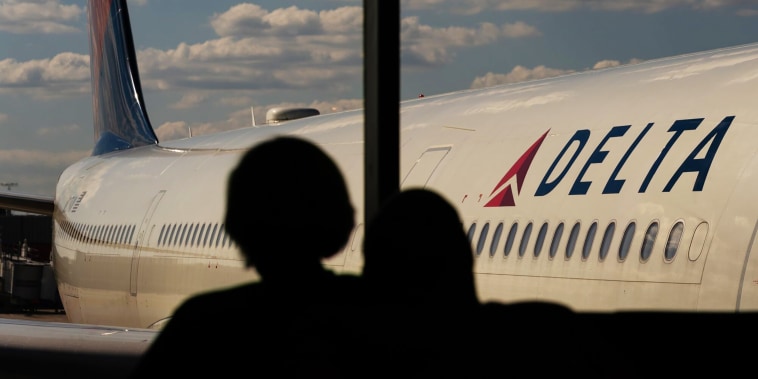Delta Air Lines has been successful in establishing itself as America’s luxury airline through various strategic initiatives that have resonated with travelers seeking premium experiences. This has put pressure on rival airlines such as United to make competitive adjustments to reclaim market share. The journey of Delta from a traditional carrier to a luxury airline can be attributed to several key factors that have set it apart in the aviation industry.
One of the primary strategies that set Delta apart is its focus on enhancing the customer experience. Delta has invested significantly in upgrading its premium offerings, including its Delta One Suites and Delta Premium Select products. These cabins provide passengers with enhanced comfort, privacy, and personalized service, making the flying experience more exclusive and enjoyable. By prioritizing customer satisfaction, Delta has been able to attract and retain high-value travelers who are willing to pay a premium for superior service.
In addition to improving in-flight amenities, Delta has also paid attention to the overall passenger journey by investing in technology and customer service initiatives. The airline has introduced features such as biometric check-in, real-time luggage tracking, and automated rebooking to streamline the travel experience and reduce stress for passengers. By leveraging technology to enhance efficiency and convenience, Delta has positioned itself as a contemporary and forward-thinking airline that meets the evolving needs of modern travelers.
Furthermore, Delta has been successful in building a strong brand image that reflects luxury, reliability, and innovation. The airline’s marketing campaigns and branding efforts have consistently communicated its commitment to excellence and customer satisfaction. By associating itself with premium services and experiences, Delta has differentiated itself from competitors and positioned itself as a top choice for travelers seeking upscale travel experiences.
On the other hand, United Airlines has faced challenges in keeping up with Delta’s success in establishing itself as a luxury airline. While United has made efforts to enhance its premium offerings, such as introducing Polaris business class seats and expanding its United Club lounges, the airline has struggled to match Delta’s level of service and brand appeal. United’s reputation for inconsistent service quality and negative passenger experiences has hindered its ability to compete effectively with Delta in the luxury airline segment.
To address these challenges, United must focus on improving its customer service, investing in premium amenities, and enhancing its overall brand image. By emulating Delta’s successful strategies and prioritizing the passenger experience, United can position itself as a viable competitor in the luxury airline market and regain market share from its rivals.
In conclusion, Delta Air Lines has emerged as America’s luxury airline by prioritizing customer experience, investing in premium amenities, and building a strong brand image. The airline’s success highlights the importance of catering to the needs of high-value travelers and differentiating oneself in a competitive industry. United Airlines can learn from Delta’s strategies and make the necessary adjustments to enhance its premium offerings and compete effectively in the luxury airline segment. By focusing on customer satisfaction and innovation, United can position itself as a formidable competitor in the upscale travel market.
